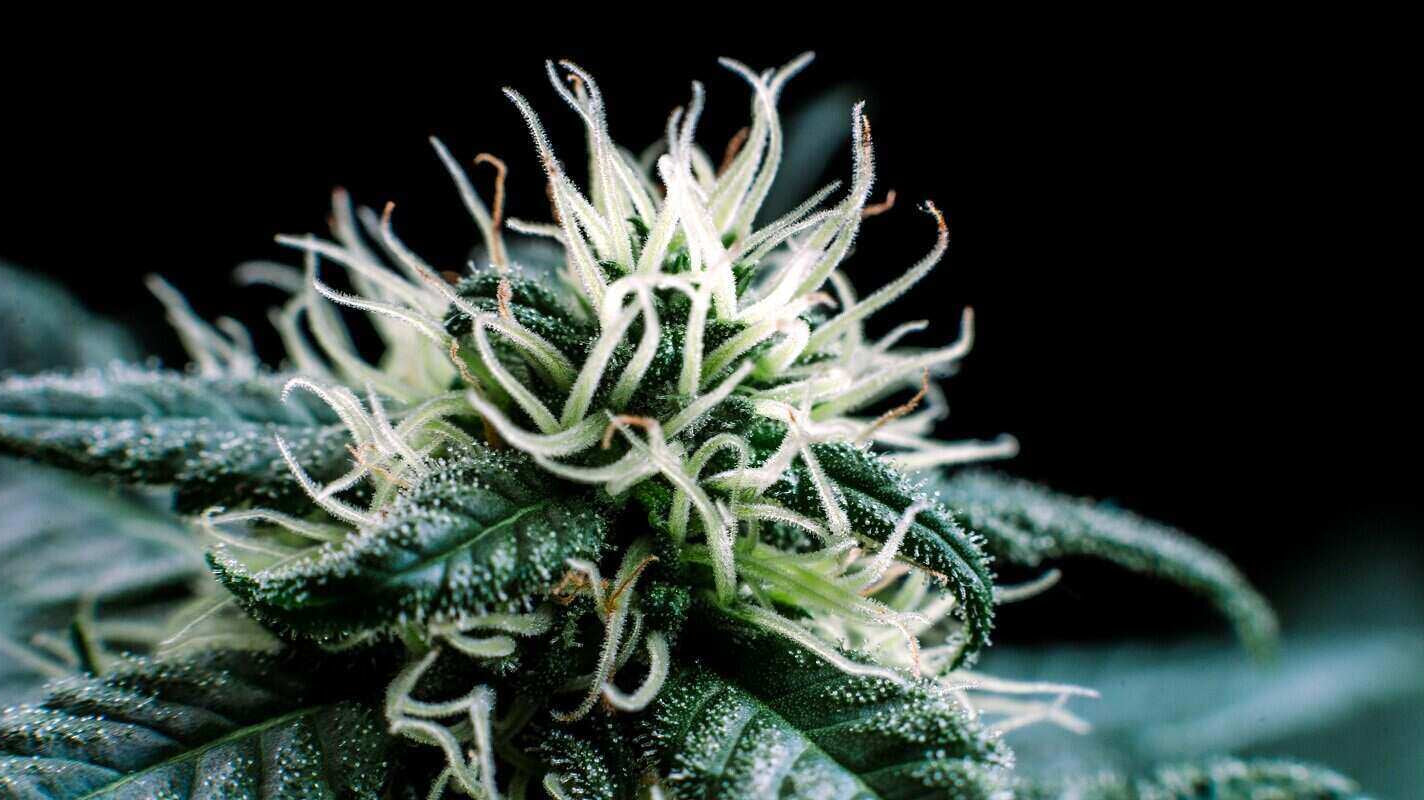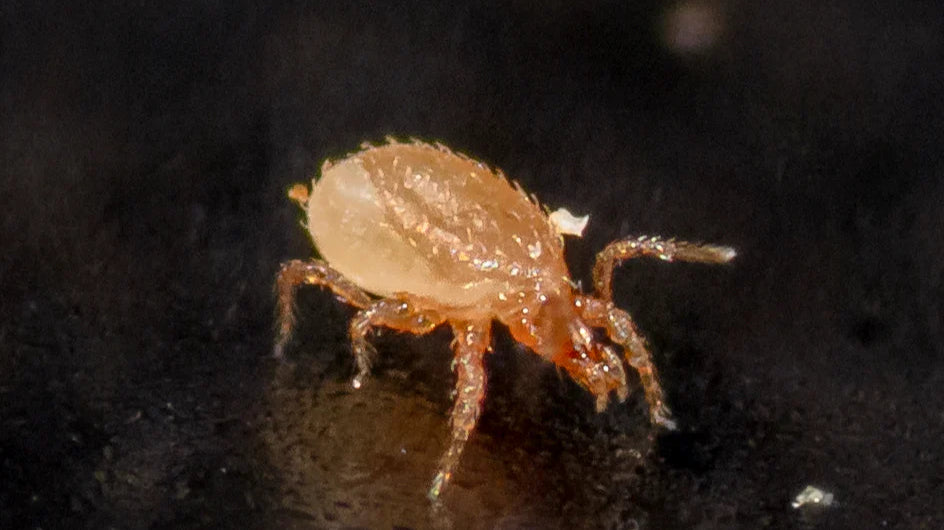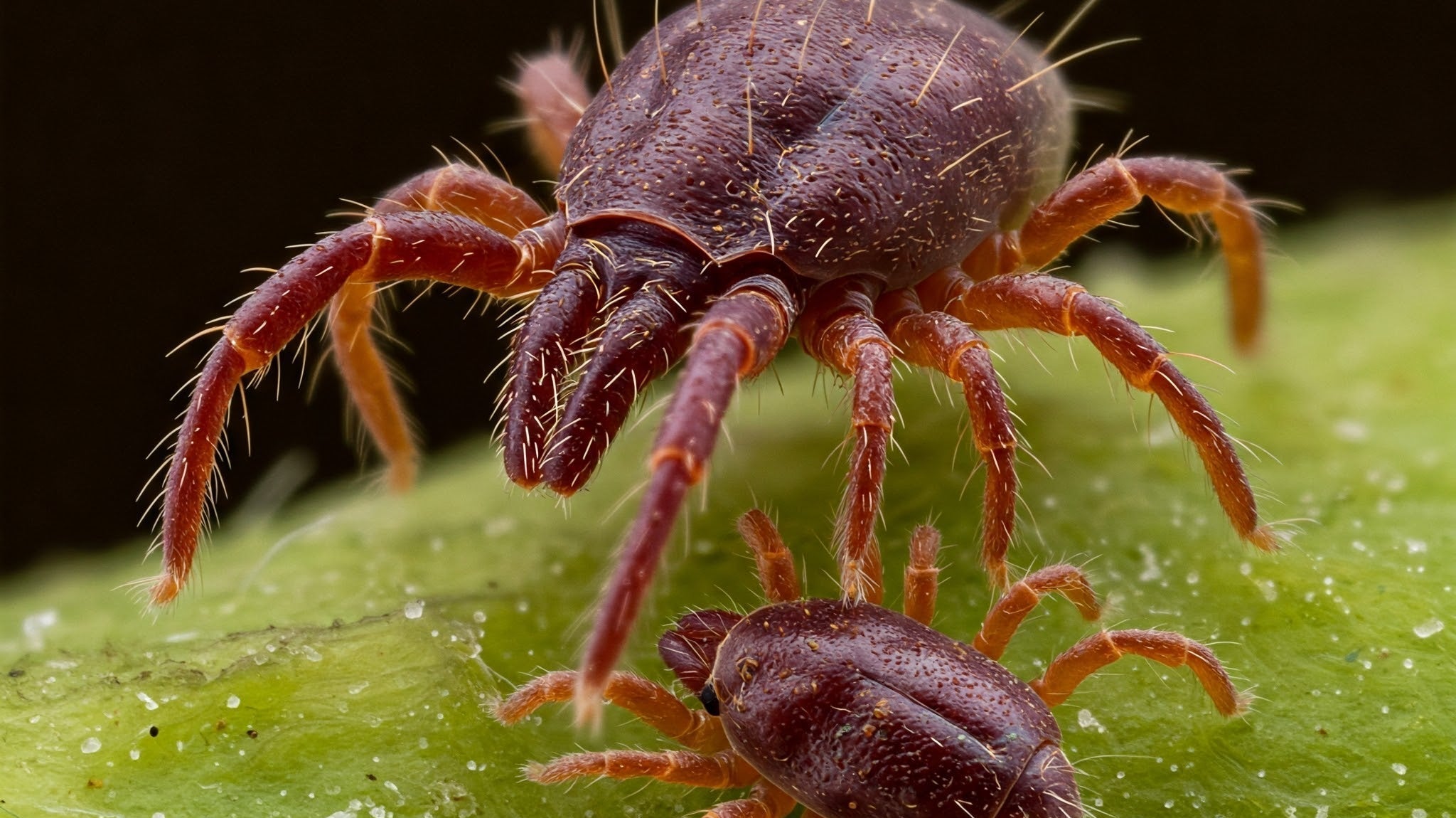Aphidius colemani
One Wasp. Dozens of Aphids. Again and Again.
When small-bodied aphids invade, Aphidius colemani steps in as a quiet, surgical strike force. These tiny parasitoid wasps don’t just kill aphids—they use them to grow their own army.
Each bottle contains live adult wasps, ready to hunt immediately. Females locate aphid colonies, inject a single egg into each aphid, and move on. Within a few days, those aphids swell into tan, immobile “mummies”—the unmistakable sign that the next generation is brewing inside.
Let them run, and you’ve got a self-sustaining population of wasps quietly clearing the field.
Best For
-
Small-bodied aphid infestations
-
Greenhouses, gardens, indoor tents, and field crops
-
Growers who want zero residue, zero spraying, and zero stress to their plants
-
Quick knockdown plus long-term suppression via ongoing reproduction
Targets
-
Cotton aphids (Aphis gossypii)
-
Green peach aphids (Myzus persicae)
-
Black bean aphids (Aphis fabae)
-
Lettuce aphids (Nasonovia ribisnigri)
-
Melon aphids (Aphis gossypii)
-
Apple aphids (Aphis pomi)
-
40+ additional small-bodied aphid species
⚠️ Not ideal for large-bodied aphids like Macrosiphum species. For mixed aphid infestations, pair with Aphidoletes aphidimyza (predatory midge) or ladybugs for full coverage.
Life Cycle & Timeline
| Stage | Timeframe (at 70–77°F) |
|---|---|
| Egg laid in aphid | Immediately upon release |
| Egg hatches | 3–5 days |
| Aphid mummification | 5–10 days after parasitism |
| Adult wasps emerge | ~2 weeks after release |
| Visible suppression | Usually within 7–10 days |
Adults are most effective between 64–81°F, with moderate humidity. Reproduction slows in cooler or extremely dry conditions.
Dosing Guide
| Coverage Area | Infestation Level | Application Rate | Duration |
|---|---|---|---|
| Indoor tent (2x4 ft) | Light | 5–10 wasps per release | 2–3 weeks |
| 100 sq ft bed | Moderate | 10–50 wasps per 10 sq ft | Weekly release |
| Field crops | High | 1,000–5,000+ per acre | 2–4 releases |
Release weekly for 2–3 weeks or until aphid populations drop. Repeat releases may be needed if pest pressure returns.
Pro Tips
-
Start early. A. colemani works best when aphid numbers are still manageable.
-
Skip the sprays. Even "soft" or organic treatments can destroy your wasp reinforcements.
-
Pair smartly. Combine with Aphidoletes aphidimyza or ladybugs to tackle large-bodied aphids or mixed colonies.
-
Release timing matters. Early morning or evening avoids heat stress and improves survivability.
-
Use shade if outdoors. In open field applications, release under plant cover when possible.
Shipping & Storage
-
Live delivery guaranteed
-
Use immediately upon arrival
-
If needed, store at 39–46°F for up to 48 hours
-
Do not freeze or expose to direct light during storage
Too Many Options?
We get it. Try our mite/insect matchmaking quiz and instantly get matched to the solutions you may need.
Mite Matters
Optimizing Pest Management in Cannabis Flowering Using Predatory Mites
How to Treat Snake Mites Naturally with Predatory Mites
The Beginner's Guide to Predatory Mites
Predatory mites are the unsung heroes of plant care, working behind the scenes to protect your plants from destructive pests. Unlike chemical treatments, they offer a natural, self-sustaining solution that requires minimal effort on your part. Whether you’re preventing an infestation or fighting off an active one, these microscopic allies get the job done efficiently and effectively.









